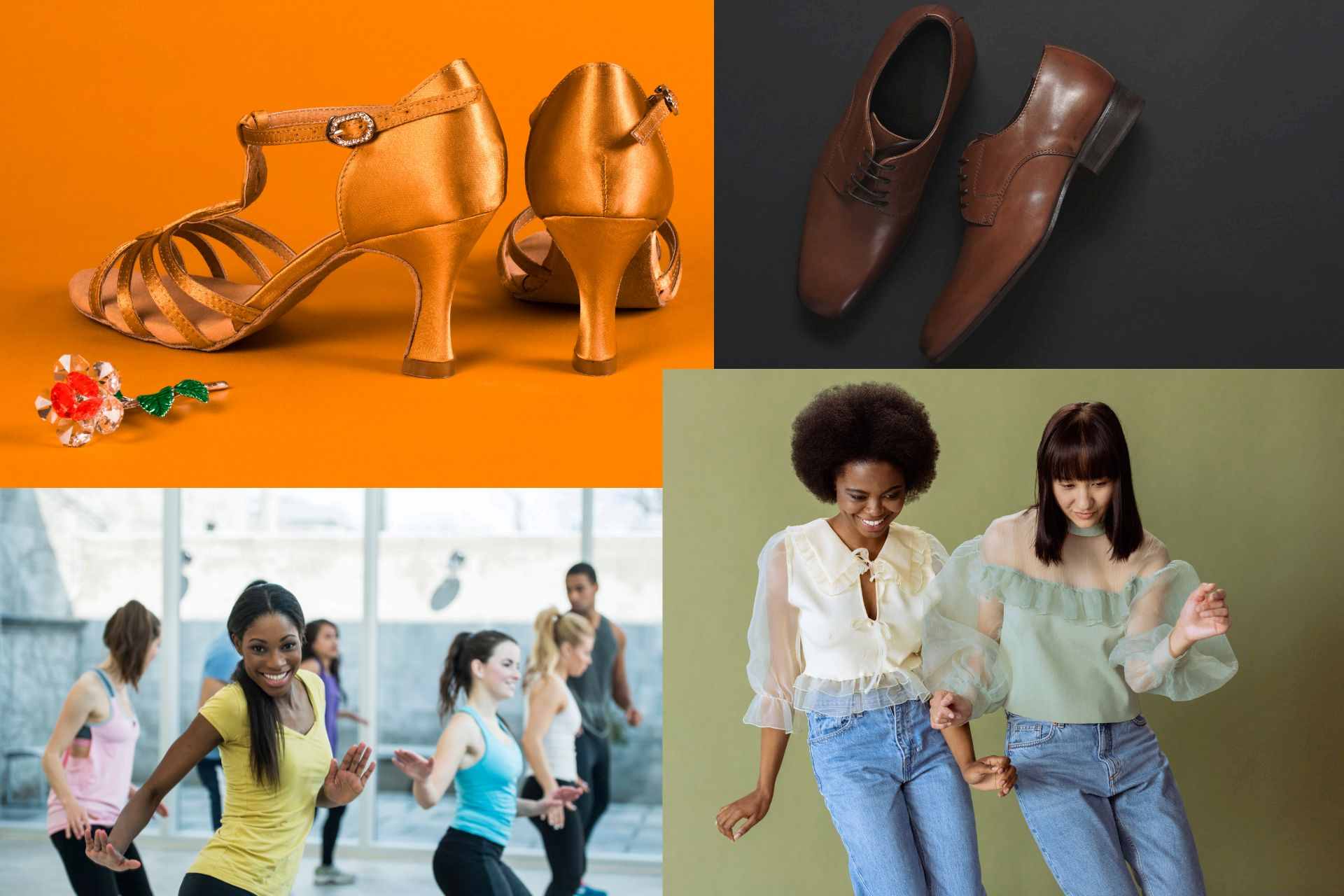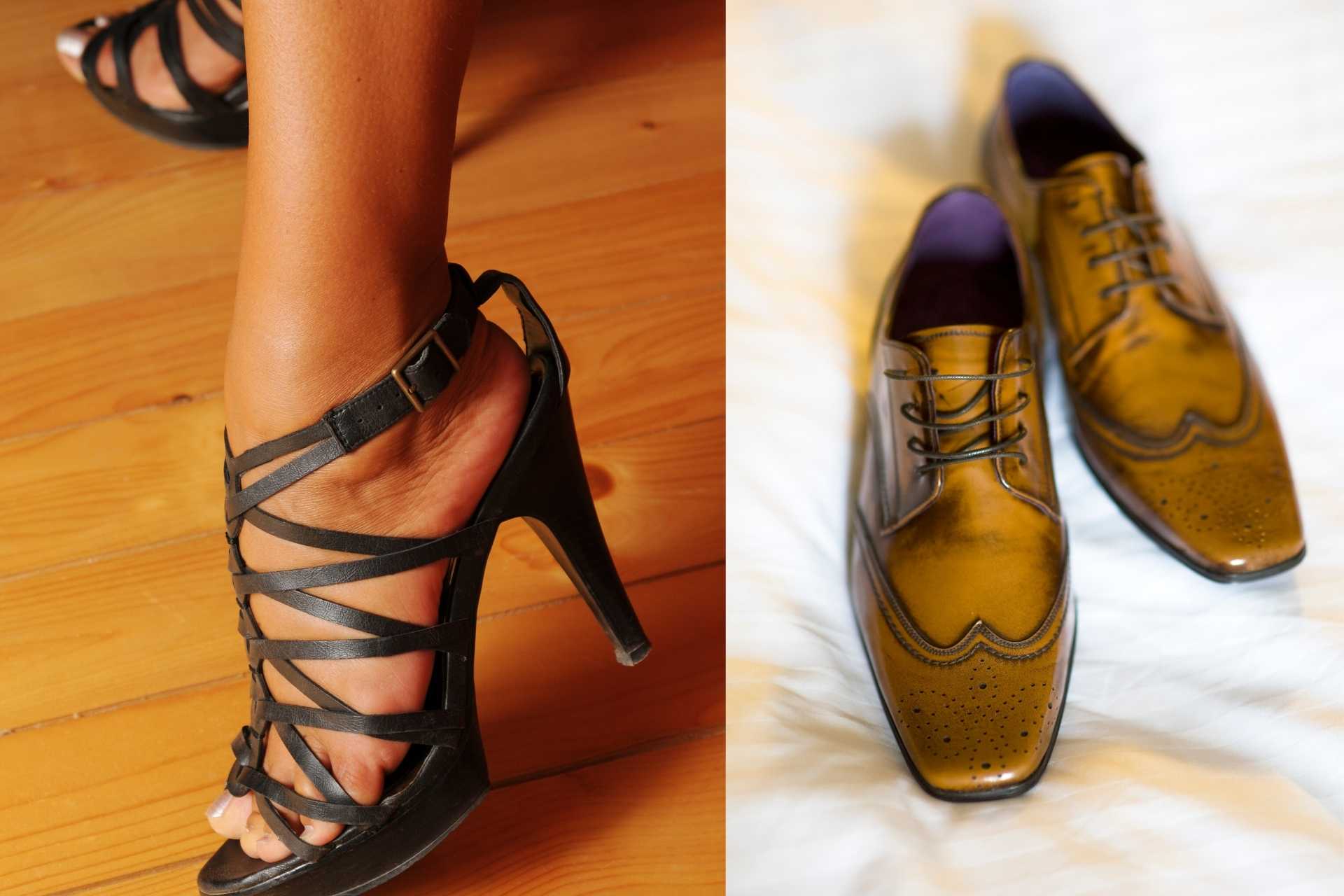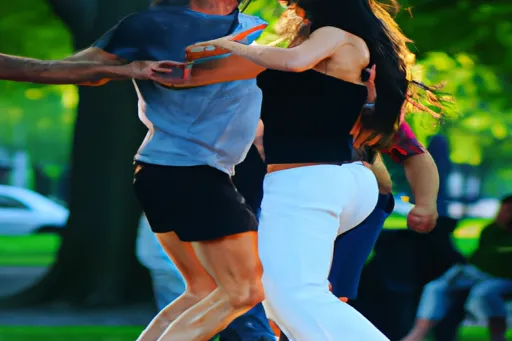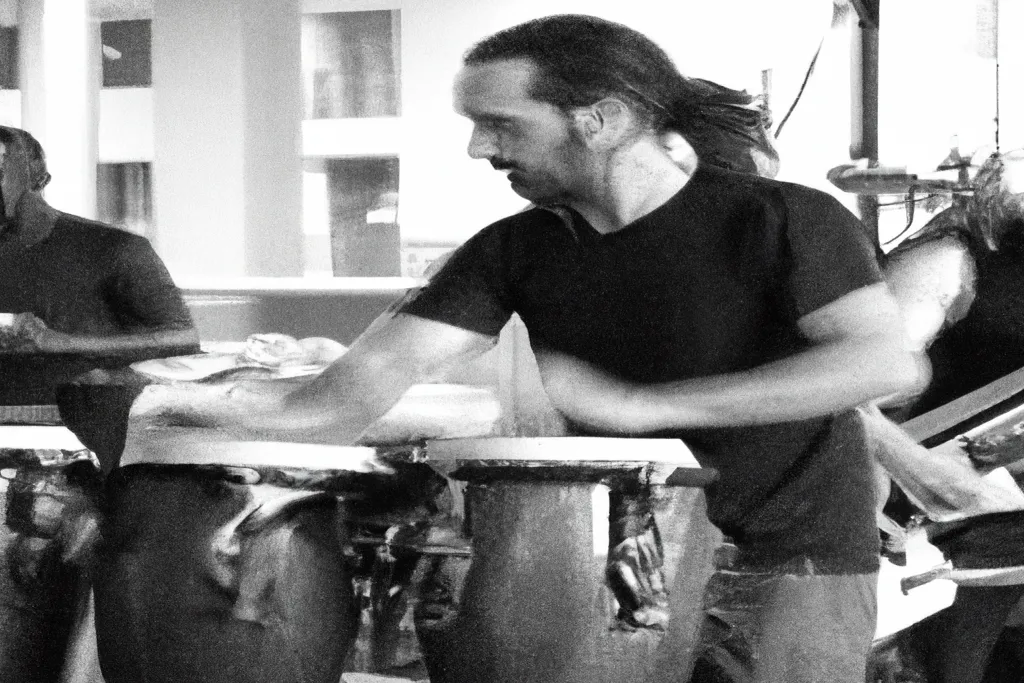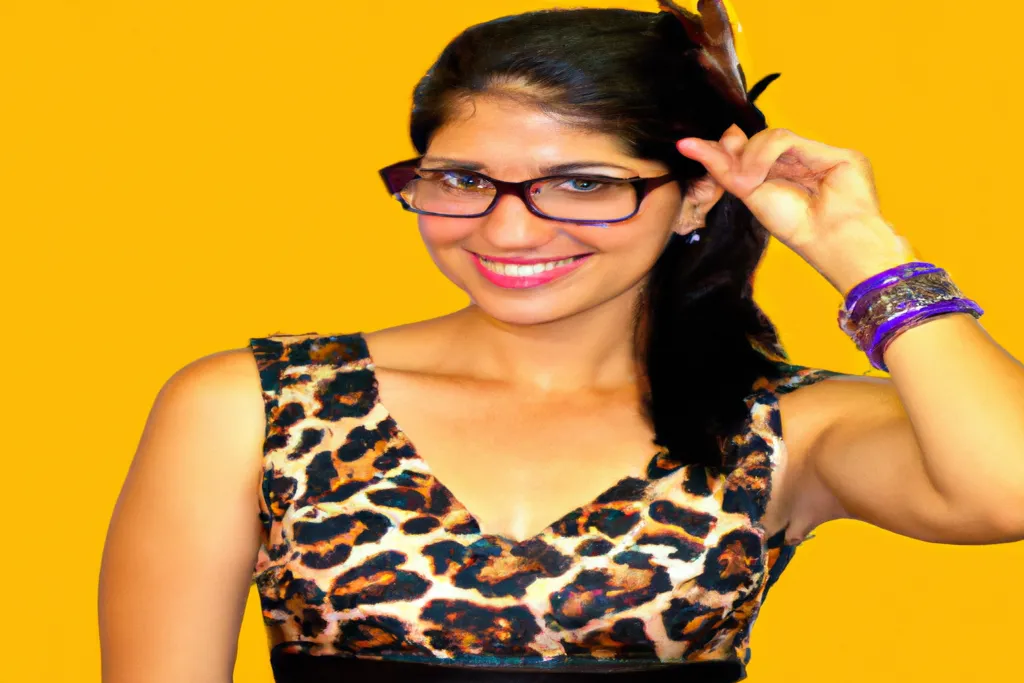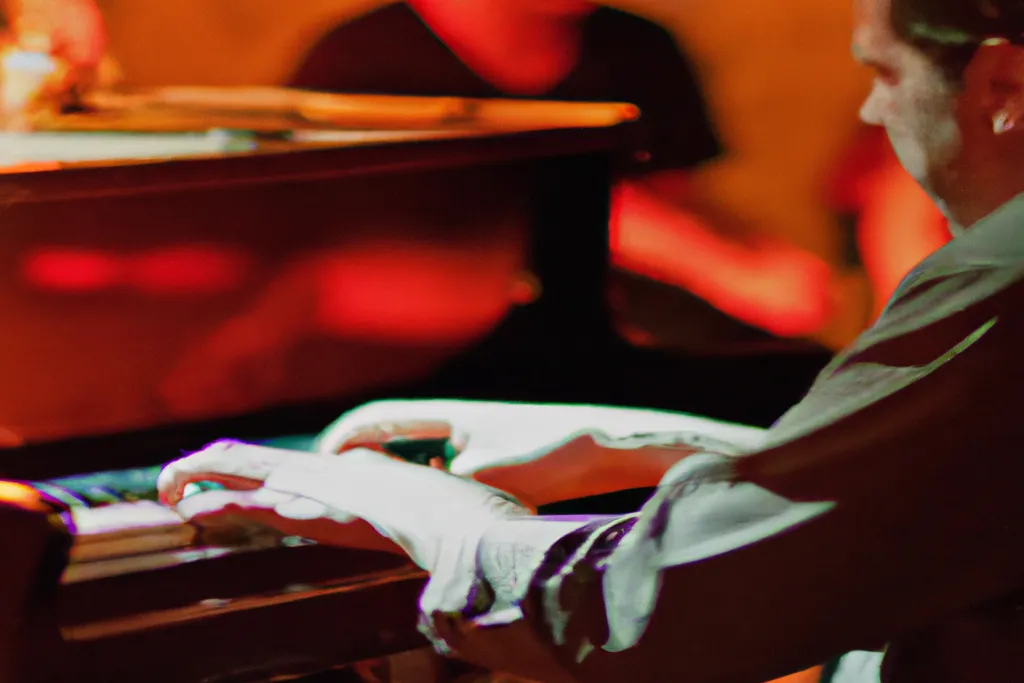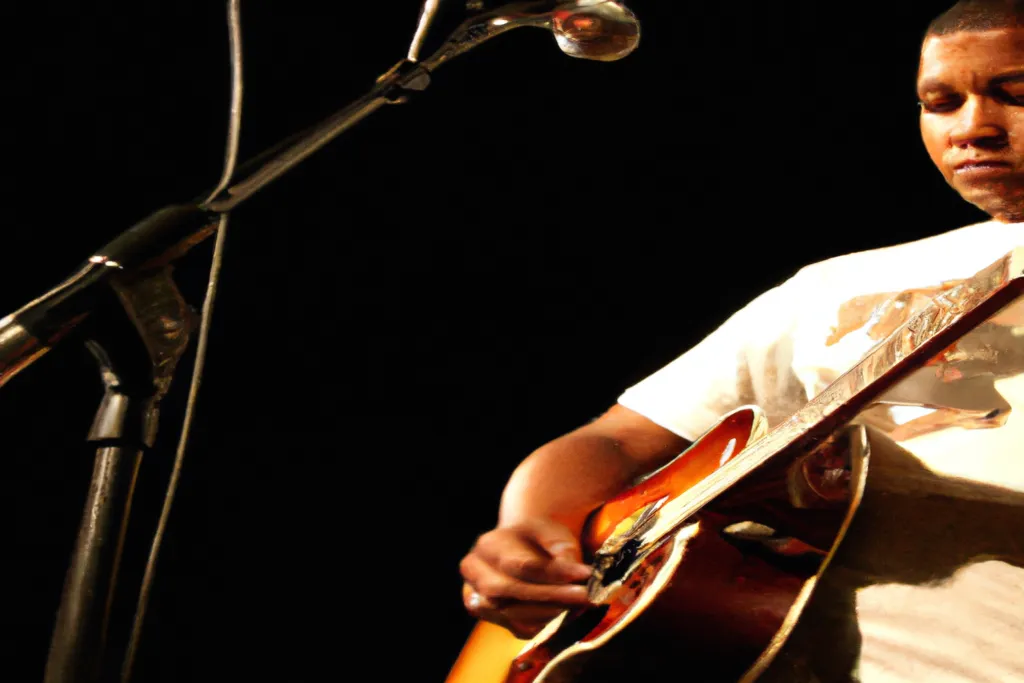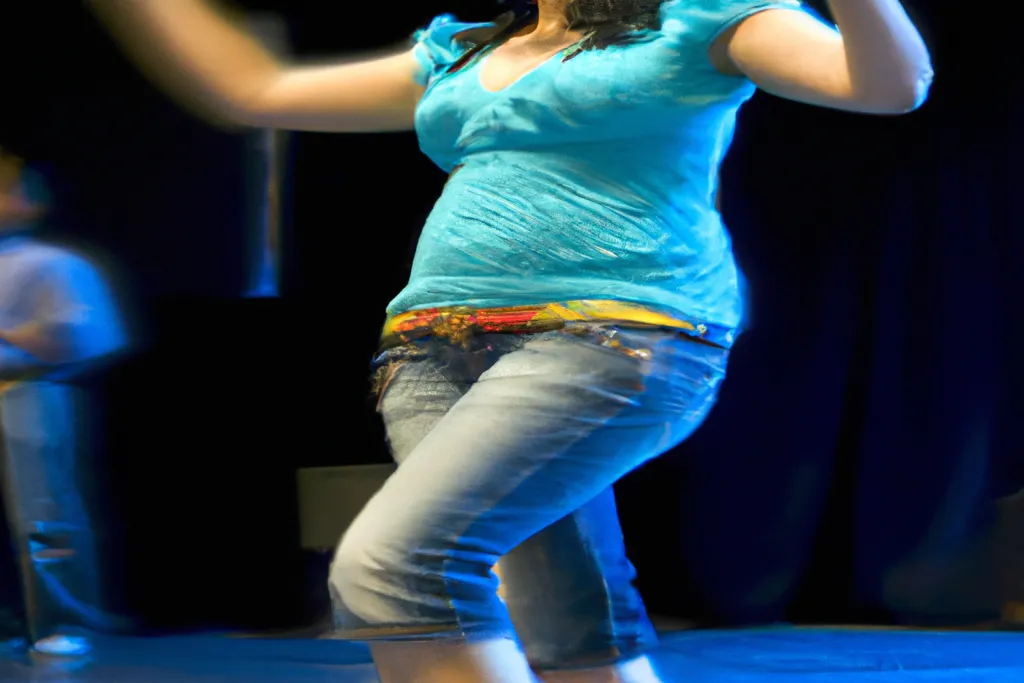
Exploring Bachata: Sensual vs. Dominicana
Bachata, a genre of music and dance originating from the Dominican Republic, has evolved over the decades, giving rise to various styles. Among these, Bachata Sensual and Bachata Dominicana stand out as two of the most popular and distinct forms. Each style offers unique rhythms, movements and emotional expressions, making bachata a versatile dance loved worldwide. In this blog, we’ll dive into the essence of both styles, exploring their origins, characteristics and what makes them captivating.
1. Bachata Dominicana: The Traditional Essence
Bachata Dominicana, often referred to as Traditional Bachata, is the root and foundation of the bachata dance. It emerged in the rural neighborhoods of the Dominican Republic in the early 20th century, alongside the music of the same name. It captures the authentic and folkloric essence of the culture, prioritizing footwork and rhythm.
Characteristics of Bachata Dominicana:
- Footwork (Pasitos): The most defining feature of Bachata Dominicana is its intricate footwork. Dancers emphasize quick, small steps known as pasitos, which can include syncopations and playful patterns. These footwork variations allow for creativity and individuality within the dance, making each performance unique.
- Connection and Lead-Follow Dynamics: While the dance may seem simple at first glance, its magic lies in the connection between partners. Dancers maintain a close hold but have the freedom to break apart and perform individual footwork sequences. The lead and follow dynamics in Bachata Dominicana are subtle and require keen responsiveness, creating a playful, improvisational feel.
- Hip Movements: Although footwork takes center stage, Bachata Dominicana also incorporates gentle hip movements, especially when dancers return to a basic step or transition into a turn. These movements add fluidity and grace without overshadowing the rhythm-driven nature of the dance.
- Musical Interpretation: Dancing to traditional bachata music involves interpreting guitar melodies and percussive elements. Dominican-style dancers use their footwork to match these musical accents, expressing the music in a way that feels natural and connected to the roots of the genre.
Overall, Bachata Dominicana remains a dynamic and joyful dance style that stays true to its origins. It’s perfect for dancers who love improvisation and the challenge of following intricate rhythms.
2. Bachata Sensual: The Modern Evolution
Bachata Sensual is a contemporary evolution of bachata that emerged in Spain during the mid-2000s, particularly in the city of Cádiz. Developed by Korke Escalona and Judith Cordero, it reimagines traditional bachata movements with influences from other dance styles, such as salsa, zouk, and tango. This style is known for its expressive, fluid motions and its romantic, almost theatrical feel.
Characteristics of Bachata Sensual:
- Body Rolls and Waves: Unlike the footwork-centered approach of Bachata Dominicana, Bachata Sensual focuses on full-body movement. Dancers incorporate body rolls, waves, and isolations that move through the chest, hips, and arms. These flowing motions emphasize the emotional and intimate nature of the dance.
- Close Embrace: Sensual bachata often involves a close embrace, allowing for a deep connection between partners. The lead and follow dynamics are more pronounced, as the lead guides their partner through various dips, turns, and body isolations. The close contact is essential for executing these movements smoothly and with precision.
- Dips and Lifts: Adding to its dramatic flair, Bachata Sensual includes dips and occasional lifts that showcase the dancers’ trust and coordination. These elements, paired with the intense musical breaks often found in sensual bachata songs, make the dance visually captivating and emotionally engaging.
- Musicality and Expression: Sensual bachata dancers pay close attention to the music’s emotional nuances, moving in ways that align with the melody and lyrics. It’s not just about the steps but also about interpreting the music’s mood. The dance becomes a storytelling tool, allowing dancers to express passion, longing, or joy through their movements.
Bachata Sensual has become incredibly popular worldwide, especially in social dance settings and festivals. Its dramatic style and intimate nature make it appealing to those who love connection, musicality, and expressive movement.
Differences Between Bachata Sensual and Bachata Dominicana
While both styles share a common origin, they differ in their approach, technique, and emotional expression:
| Aspect | Bachata Dominicana | Bachata Sensual |
|---|---|---|
| Focus | Footwork and rhythm | Body movement, waves, and isolations |
| Connection | Close hold with room for individual footwork | Close embrace with guided movements and dips |
| Musical Interpretation | Guitar-driven rhythms and syncopations | Emotional expression and melody interpretation |
| Style Influence | Traditional, folkloric | Modern, influenced by salsa, zouk, and tango |
Choosing Your Bachata Style
Whether you’re drawn to the energetic footwork of Bachata Dominicana or the fluid, expressive motions of Bachata Sensual, both styles offer a rich and engaging dance experience. Your choice may depend on what you connect with the most:
- If you enjoy rhythm-based movement, improvisation, and playful energy, Bachata Dominicana might be the style for you. It's perfect for dancers who appreciate the authenticity and roots of the dance.
- If you prefer expressive dance, focusing on emotion, connection, and storytelling, Bachata Sensual could be your calling. This style is ideal for those who love interpreting music and connecting deeply with their partner.
Conclusion
Bachata is a beautiful and diverse dance genre, offering something for everyone. Whether you explore the traditional roots of Bachata Dominicana or the modern, emotional flair of Bachata Sensual, the most important aspect is to enjoy the journey of connecting with the music, your partner, and the rhythm. As you dive into this dance world, remember that bachata is as much about feeling and expression as it is about steps and technique. Embrace the style that resonates with you, and let the music guide your dance.
 No comments
No comments







